India’s billionaires who once
resided in
Pakistan’s Sindh !
Waseem Palijo
* This community is culturally different from other Hindus. They have a cultural God
like Jhulay Lal and have Sindhi as their millennial old language, culture, tradition
and norm
This is a small business
and money-minded
community who are
originally inhabitants of
Sindh, but now located
in both Pakistan and
India. From thousands of years,
they have lived in Sindh and
Balochistan and after Partition, they
migrated and settled in different
provinces/states/cities/towns of
India. After Partition, they were
reluctant to leave Sindh due to their
love of their land. So a year later, in
January 1948, religious riots
erupted on the streets of Karachi
and hastily broke into all over Sindh
which led them to leave their
motherland. Consequently, they
left Sindh by crossing border in
hordes, by ships, air and railways
some of them directly settled in the
United States, Canada, England,
China, Middle East and other
countries, a majority moved to
India and many were slaughtered
by migrants.
This community is culturally
different from other Hindus as they
have a cultural God like Jhulay Lal
and have Sindhi as their millennial old language, culture,
traditions, norms, mystical lifestyle even they dine with
their Sindhi Muslim friends without harbouring a grudge.
Karachi, Hyderabad and Mumbai
were the centres of Sindhi-Hindus,
from where they used to trade in the
entire world by importing and
exporting goods, household items
and cotton, etc. These international
cities of the subcontinent were also
built by Sindhi Hindus. In the 12th
century, before Karachi, Hyderabad
and Bombay, they also traded from
Sindh’s richest port city Thatta which
remained the trading partner of
Muscat and then it was Shikarpur
which had opened the paths for
Sindhi Hindu merchants in the rest
of the world. By taking advantage of
sea roots, many Sindhi-Hindus
established their business in the
Middle East, India, China, Spain, Italy,
and Japan. Sindhi-Hindus were far
more well educated than Sindhi-
Muslims. The main reason of the
success of this community was that
they were very less religious.
If we talk about the business and economy, then this community is at a highest
pitch after partition, by
leaving their people, bloodrelatives,
land, culture,
language, heritage,
properties and assets
behind. They did not sit
quietly, they were in plight
for years and many educated
people lived a miserable life
in refugee camps in India
and other countries. Many
died due to lack of medical
treatment in these refugee
camps.
Albeit, they did not
abandon their old
profession. It became their
target to enter in the world of
enterprise. This way they
rose from the ashes to
restart the business, some
started business by selling
toffees, chocolates and
snacks in buses and trains
and many others launched
carts and pushed carts on the
streets of Mumbai and all
over India.
The outcomes they got
after many years and today, are very well known business
class personalities of India, the US, Middle East, Europe
and China, etc.
Karachi, Hyderabad and Mumbai were the centres of Sindhi-Hindus, from where they
used to trade in the entire world by
importing and exporting goods,
household items and cotton, etc.
These international cities of the
subcontinent were also built by
Sindhi Hindus. In the 12th century,
before Karachi, Hyderabad and
Bombay, they also traded from
Sindh’s richest port city Thatta which
remained the trading partner of
Muscat and then it was Shikarpur
which had opened the paths for
Sindhi Hindu merchants in the rest
of the world.
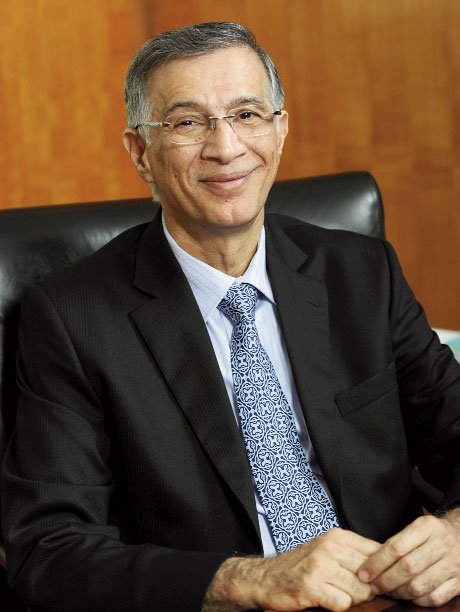 Niranjan Hiranandani
Niranjan Hiranandani
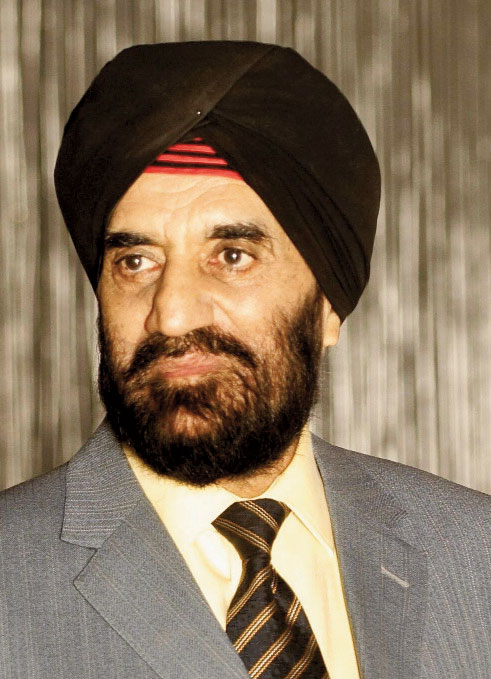 Kartar Singh Lalvani
Kartar Singh Lalvani
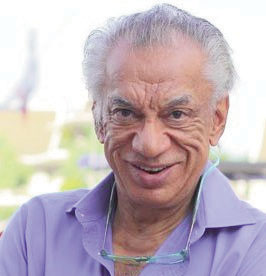 GuluLalvani
GuluLalvani
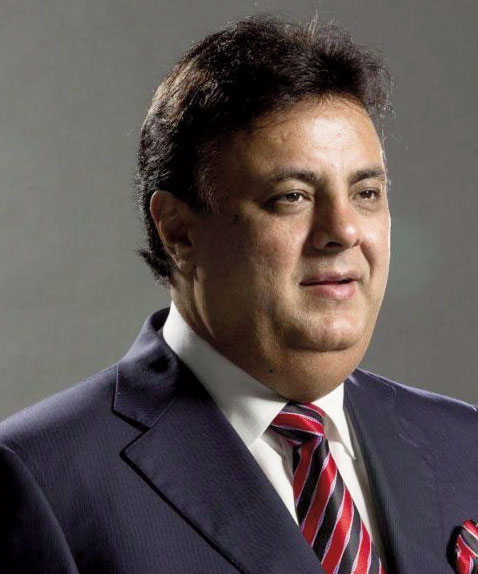 Sunial Vaswani
Sunial Vaswani
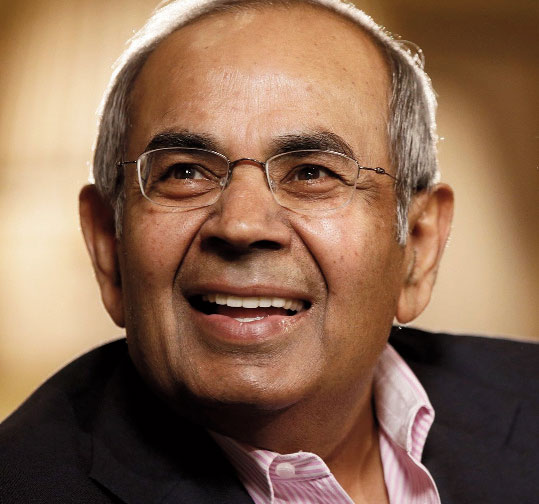 Gopichand Hinduja
Gopichand Hinduja
 Sabeer Bhatia
Sabeer Bhatia
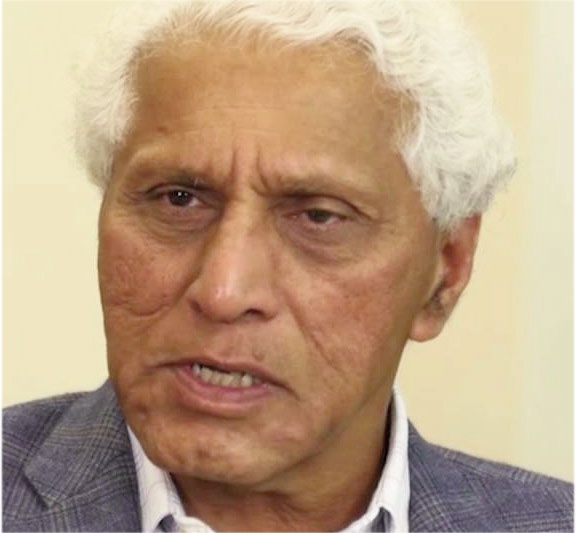 Romesh T Wadhwani
Romesh T Wadhwani
By taking advantage of sea roots,
many Sindhi-Hindus established
their business in the Middle East,
India, China, Spain, Italy, and Japan.
Sindhi-Hindus were far more well
educated than Sindhi-Muslims. The
main reason of the success of this
community was that they were very
less religious.
Today, those people who suffered
trauma after Partition, drove taxis
on roads, sold goods in trains,
launched carts on the streets of
Mumbai and other parts of India,
sold snacks and food on bicycles,
established small shops in Middle
East, china, Spain, England and are
now billionaires of today’s world.
Scores of these people began
their start-ups and became
international business tycoons like
Micky Jagtiani who drove a taxi in
London but now he is the middleeastern
billionaire who started his
career from a small baby product
shop and today he is the owner of
Landmark Group.
Niranjan Hiranandani is a real
estate businessman, billionaire of
India and owner of Hiranandani
Group. He started his career from a
textile weaving unit. Vitabiotics
Founder & Chairman Kartar Singh
Lalvani, Binastone Founder &
Chairman Gulu Lalvani, Stallion
Group Chief Executive Officer (CEO)
Sunial Vaswani.
Hinduja Group Chairman
Gopichand Hinduja, Hotmail
Founder Sabeer Bhatia, Symphony
Telecom Group CEO & Chairman Romesh T Wadhwani and many
others.
One of my friends told me that in
the 1970s, a Sindhi use to sell
panipuri on the streets of Mumbai.
Now he is a millionaire and the
owner of ElcoPani Puri, Bandra, a
three marla hotel in Bandra which is
very famous in Mumbai, even many
Bollywood superstars go there to
relish.
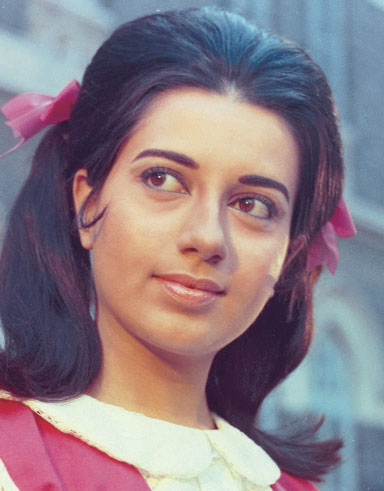 Babita Kapoor
Babita Kapoor
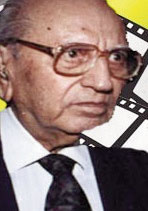 GP Sippy
GP Sippy
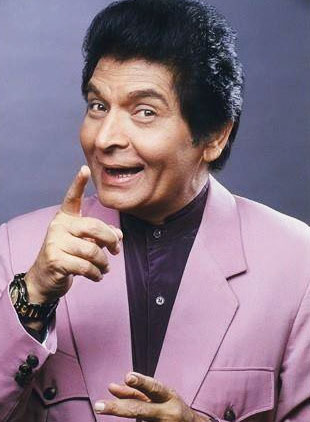 Asrani
Asrani
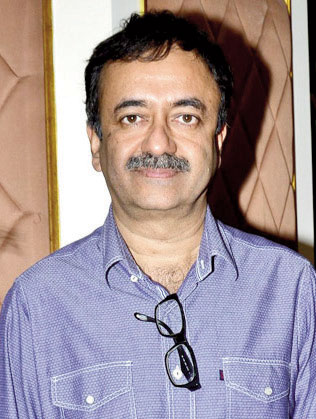 Rajkumar Hirani
Rajkumar Hirani
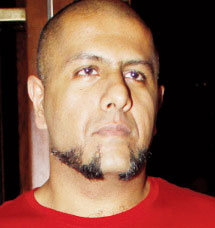 Vishal Dadlan
Vishal Dadlan
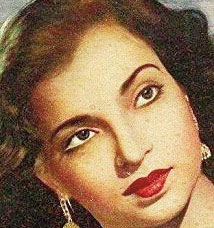 Sheela Ramani
Sheela Ramani
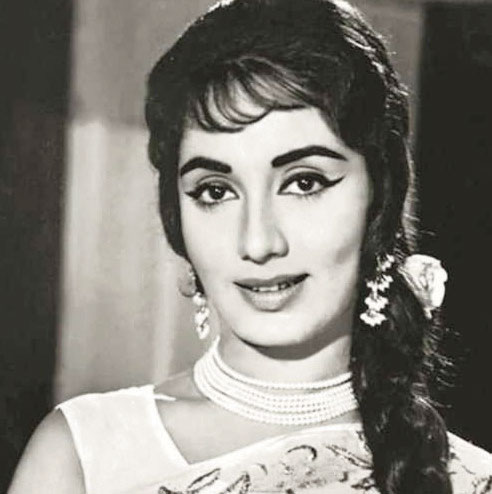 Sadhna
Sadhna
 Preeti Jhangiani
Preeti Jhangiani
Business is the first priority of
Sindhi-Hindus. Besides business,
they are part of Bollywood and the
Indian film industry. There are many
famous superstars and celebrities
who are Sindhi Hindus in Bollywood.
Kareena and Karishma Kapoor’s
mother Babita Kapoor is a Sindhi.
She originally hailed from Burns
Road, Karachi. ‘Sholay’ Director GP
Sippy, comedian Asrani and
filmmaker Rajkumar Hirani
originally belonged to Mehrabpur,
Sindh, singer Vishal Dadlani,
actresses Sheela Ramani, Sadhna,
Preeti Jhangiani, Kaira Advani,
Hansika Motvani, Tamannaah Bhatia
and many others too. Actors like
Ranveer Singh Bhavnani, Aftab
Shivdasani and Jacky Bhagnani are
Sindhi Hindus who made their
career in the Indian film industry.
 Kaira Advani
Kaira Advani
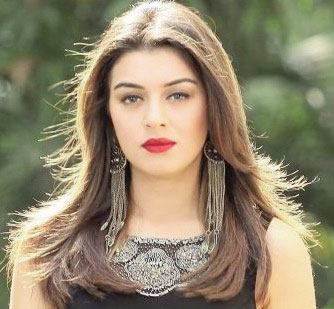 Hansika Motvani
Hansika Motvani
 Tamannaah Bhatia
Tamannaah Bhatia
 Ranveer Singh Bhavnani
Ranveer Singh Bhavnani
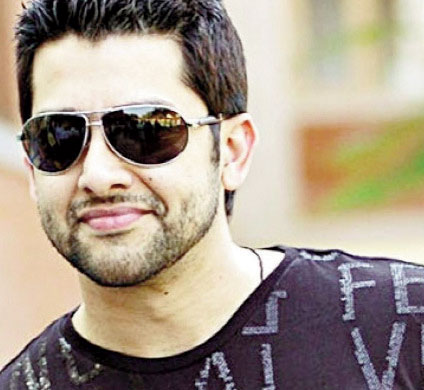 Aftab Shivdasani
Aftab Shivdasani
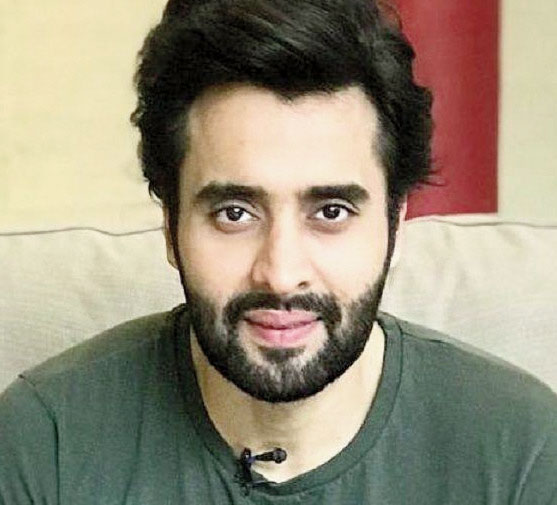 Jacky Bhagnani
Jacky Bhagnani
If the Pakistani
government gives access
and shows easiness in
terms of visa policy to
them, it will be optimal
for Pakistan’s film
industry and economic
growth since visiting their
ancestral places, temples,
shrines, evacuated
properties etc, they will
spend huge amount in
Pakistan which will revive
the economy of markets
and tourism in Pakistan.
Thari people, both
Muslims and Hindus, also
have blood relationship
with the people of
Rajasthan and Gujarat,
and share the same
culture, language,
lifestyles, history, customs
etc.
They do not prefer public sector
jobs due to their business mindset.
We rarely find some names on high
ranks such as former Indian deputy
prime minister Lal Krishna Advani,
former chief justice of Pakistan Rana
Bhagwandas, highest paid Indian
lawyer Ram Jethmalani, Karachiborn
Vice Chief of Indian Naval Staff Gulab Hiranandani, Chief Justice of
Tamil Nadu Vijaya
KamleshTahilramani and also world
billiards champion Pankaj Advani.
Similar to that of opening up of
Kartarpur Corridor, Pakistani
government must give access and
show leniency in visas towards
Sindhi Hindus and Muslims as both
communities are living on both
sides of border and God of Sindhi
Hindus Jhulay Lal, revered temples
and shrines are all in Sindh.
If the Pakistani government gives
access and shows easiness in terms
of visa policy to them, it will be
optimal for Pakistan’s film industry
and economic growth since visiting
their ancestral places, temples,
shrines, evacuated properties etc,
they will spend huge amount in
Pakistan which will revive the
economy of markets and tourism in
Pakistan.
Thari people, both Muslims and
Hindus, also have blood relationship
with the people of Rajasthan and
Gujarat, and share the same culture,
language, lifestyles, history, customs
etc.
(The writer is a student of
BS in Media Studies and is
also a blogger. He can be
reached at
waseem_palijo@hotmail.co
m and Tweets at
@WaseemPalijo)
Courtesy :
Published in Daily Times,
January 8th 2019.



